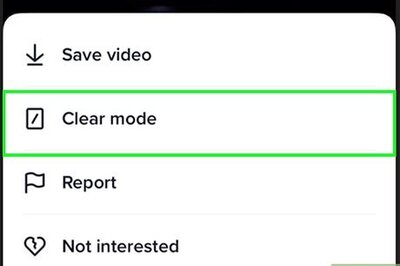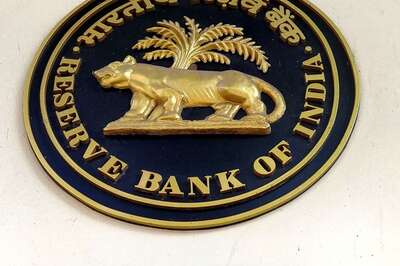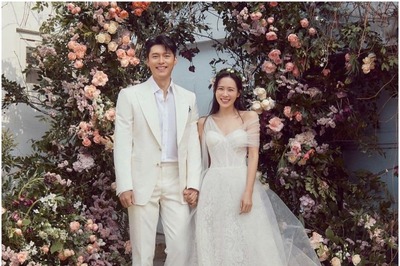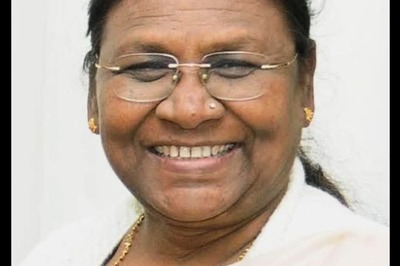
views
A Constitution bench of the Supreme Court comprising Chief Justice of India (CJI) Dhananjaya Y Chandrachud, and justices Sanjay Kishan Kaul, S Ravindra Bhat, PS Narasimha, and Hima Kohli on Tuesday began the final hearing of a bunch of petitions seeking to legalise same-sex marriage.
Reason for referring it to Constitution bench
The apex court decided on March 13 that the issue of same-sex marriage would be settled by the Constitution bench. In its order passed to that effect, a three-judge bench led by CJI Chandrachud stated that as the case involves the “interplay between constitutional rights on the one hand and specific legislative enactments”, it has been referred to a Constitution bench.
The apex court in its order referring the petitions to the Constitution bench stated: “Having due regard to the broader context of the petitions before this court and the interrelationship between the statutory regime and constitutional rights, we are of the considered view that it would be appropriate if the issues raised are resolved by a bench of five judges of this court in view of the provisions of Article 145(3) Constitution.”
Article 145(3) of the Constitution
Article 145(3) of the Constitution states: “The minimum number of Judges who are to sit for the purpose of deciding any case involving a substantial question of law as to the interpretation of this Constitution or for the purpose of hearing any reference under Article 143 shall be five.”
In its order referring the case to the Constitution bench, the court also pointed to an important case. In its order, the apex court said that besides relying upon cases like Navtej Singh Johar versus Union of India, the petitioners have asserted broader constitutional entitlements arising out of the right to life and personal liberty and the right to dignity, which is embodied in the provisions of the Constitution including its Preamble and as a natural incident of Articles 14, 19, and 21.
Navtej Singh Johar versus Union of India
On September 6, 2018, a five-judge bench of the Supreme Court unanimously struck down Section 377 of the Indian Penal Code (IPC) which criminalised same-sex relations between consenting adults.
In its judgment, the apex court stated, “Section 377 IPC, so far as it criminalizes even consensual sexual acts between competent adults, fails to make a distinction between non-consensual and consensual sexual acts of competent adults in private space which are neither harmful nor contagious to the society. Section 377 IPC subjects the LGBTQ community to societal pariah and dereliction and is, therefore, manifestly arbitrary, for it has become an odious weapon for the harassment of the LGBTQ community by subjecting them to discrimination and unequal treatment.”
Government stance on same-sex marriage
On April 17, in an affidavit filed before the apex court, the union government opposed the plea seeking validation of same-sex marriage. In the affidavit, the government argued that “creation or recognition of a new social institution cannot be claimed as a matter of right/choice, much less a fundamental right”, and “the right to personal autonomy does not include a right for the recognition of same-sex marriage”.
The affidavit also stated that a decision by the court in recognising the right of same-sex marriage would mean a “virtual judicial rewriting of an entire branch of law”.
The Supreme Court in 2018 recognised the right of consenting adults to enter into sexual relations irrespective of their gender without any fear of facing the law.
Now, it is to be seen whether the apex court decides to extend that right further and create a new institution which is marriage between same-sex couples.
Read all the Latest Explainers here




















Comments
0 comment